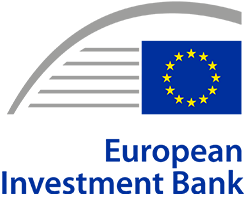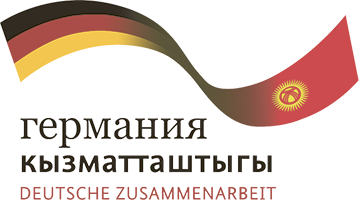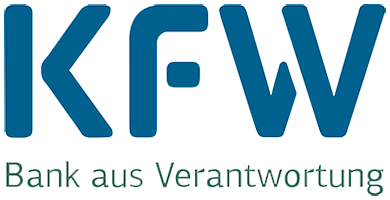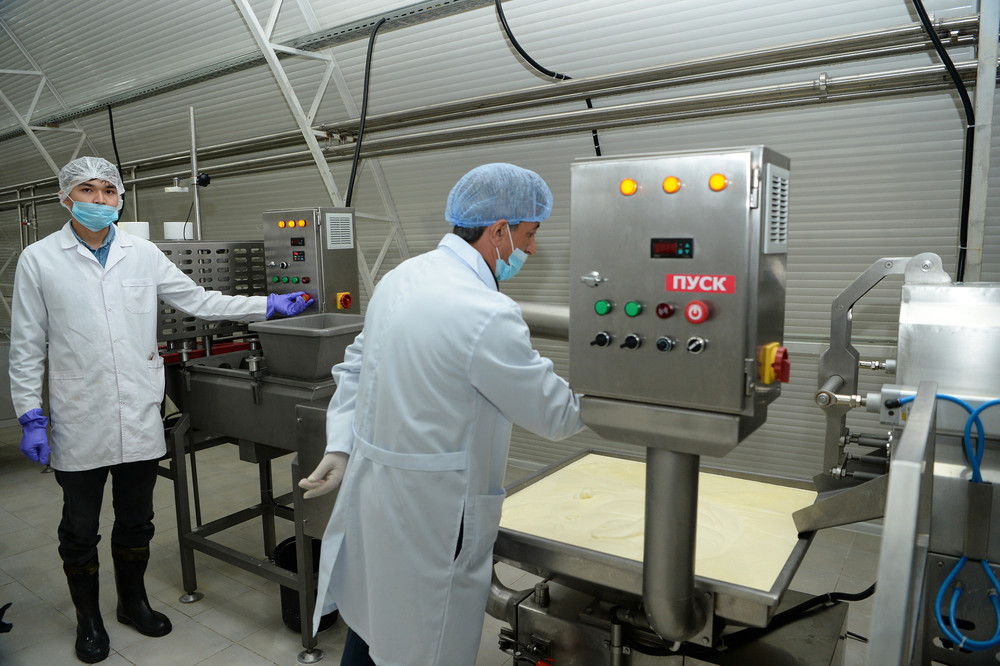A Field Day on No-Till Farming Technology Was Held in Uzgen and Aksy Districts
From June 2 to 4, 2025, a Field Day was held as part of the ongoing project promoting soil-conserving and resource-efficient farming practices. The event took place on a farm plot in Karool village, Uzgen district, and on the Zhivprom site in the town of Kerben, Aksy district. The main goal was to promote no-till farming technology among local farmers and to showcase real examples in the field.
The project team arrived in advance to prepare the event site and set up three demonstration stations:
- Agrotechnology and Benefits of No-Till Farming – presented by project agronomist-consultant Atabai Toychu uulu.
- Plant Protection from Pests and Diseases – explained by project coordinator Bakyt Tajibaev.
- Economic Analysis – led by agronomist-consultant Gulmayra Mamanova, who compared traditional wheat cultivation methods with modern no-till approaches and their financial advantages.
A total of 58 participants attended the event, including farmers, local government representatives, the District Agricultural Development Office, and tractor operators from MTS.
- From Uzgen district: 23 participants (1 woman, 2 youth)
- From Aksy district: 35 participants (3 women, 2 youth)
Participants were registered and provided with handouts before visiting the stations in small groups. The event began with a welcome speech from the project coordinator, who expressed gratitude for the participants’ interest and outlined the project’s goals and expected outcomes.
The Field Day concluded with a Q&A session where farmers actively engaged with the presenters. The event marked an important step toward building a sustainable model for cereal production on rainfed lands.






